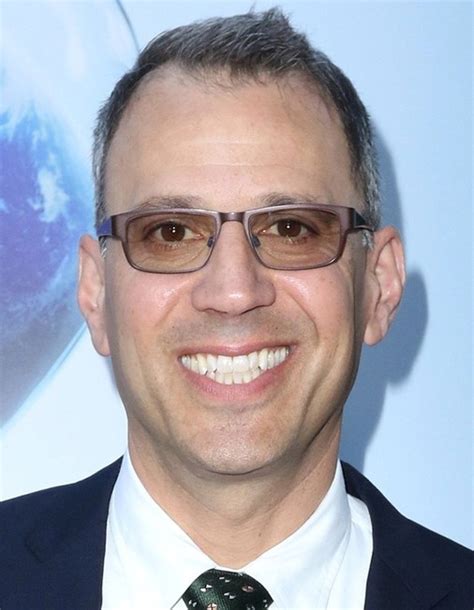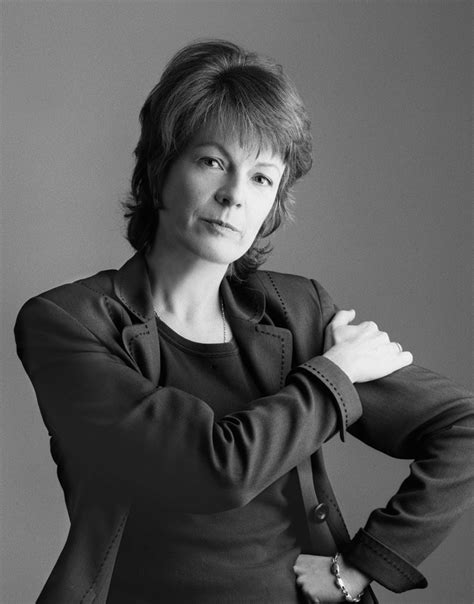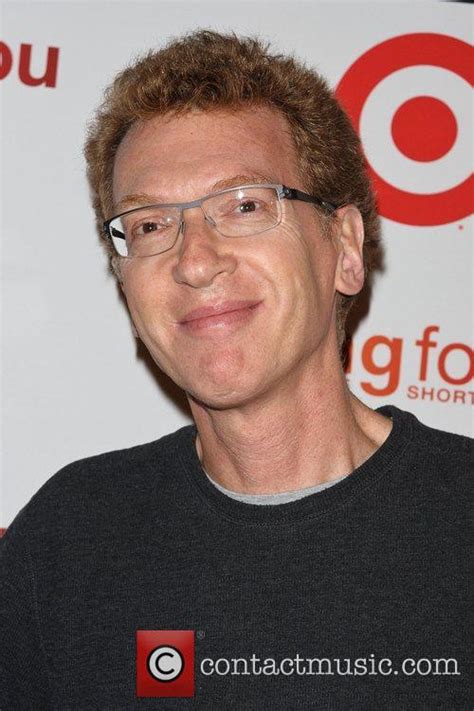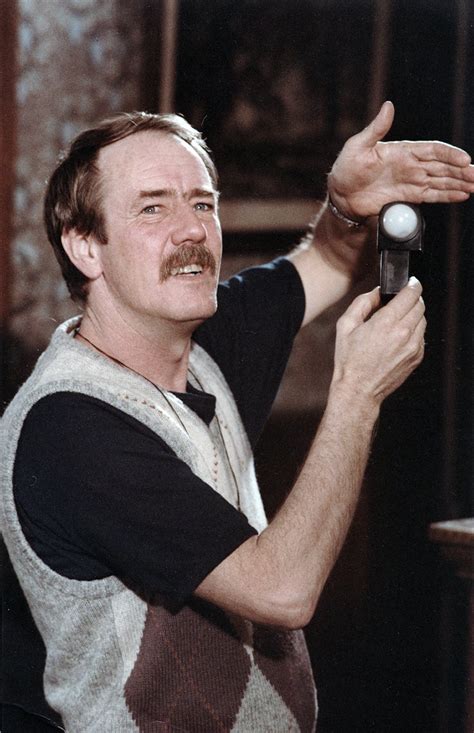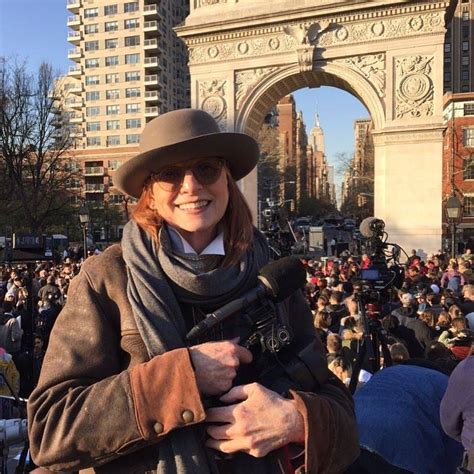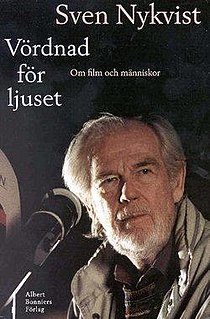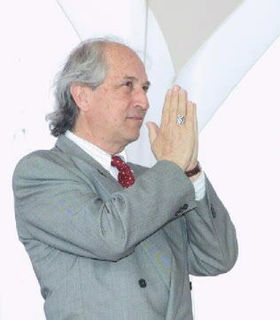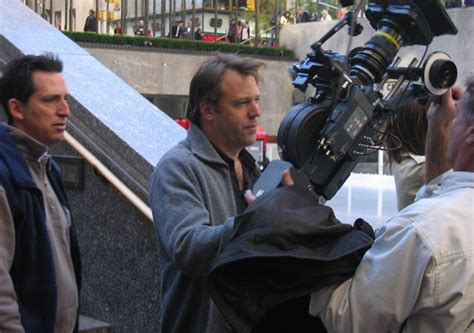Top 26 Quotes & Sayings by Janusz Kaminski
Explore popular quotes and sayings by a Polish cinematographer Janusz Kaminski.
Last updated on December 21, 2024.
We exchanged a couple of ideas and stuff like that, but that's about it. I just think ... consulting on 'Tintin' was very interesting because you try to ... not educate, but inform the animators [about] what the lighting looks like, but [in the end] they do it themselves. I don't actually go and sit there with them. [We] just had a couple of conversations.
[There, in War Horse] very little CGI. What happened there - because the horse was running very close to the trench, we had a rider. So in few instances, we had a rider dressed in a green suit. The rider would guide the horse through the frame, and through CGI [we removed] the rider. But that's about it.
Occasionally I do movies with other directors. I did 'The Diving Bell and the Butterfly' for Julian Schnabel. I did a movie with Jim Brooks ('How Do You Know'). I did a movie with Judd Apatow ('Funny People'). So I do get a chance to work with other people, which is always enjoyable, always pleasant. But still, Steven [Spielberg] makes the types of movies that I'm interested in as well.









